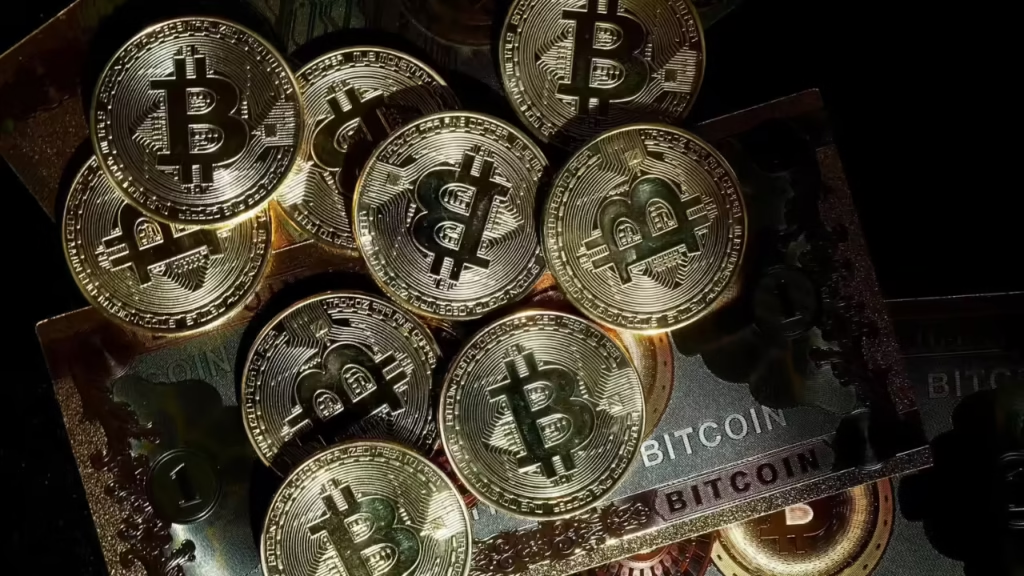Now Reading: India Tops Global Crypto Adoption — But Regulators Are Holding Back
-
01
India Tops Global Crypto Adoption — But Regulators Are Holding Back
India Tops Global Crypto Adoption — But Regulators Are Holding Back

India has quietly become one of the world’s largest crypto markets, with millions of people from Tier-2 and Tier-3 cities joining trading platforms in recent years. From students experimenting with digital assets to small business owners exploring blockchain payments, the enthusiasm is undeniable. Yet, this growth story comes with a major roadblock—uncertain regulations that continue to hold the industry back.
While global rankings show India leading in crypto adoption, local investors still operate in a grey zone. The government has not banned crypto, but it hasn’t fully legalized it either. The 30 percent tax on profits and 1 percent TDS on transactions discourage many from trading actively. At the same time, the lack of clear rules leaves investors confused about what’s truly allowed and what’s not.
Despite these challenges, Indian participation in crypto remains strong. Many users are drawn by the flexibility of digital assets, which can be traded anytime without relying on traditional banking hours. The younger population, especially in smaller cities like Nagpur, Jaipur, and Coimbatore, sees crypto as a modern financial tool—a way to invest small amounts and still participate in global markets.
However, the absence of proper regulation has also opened doors to scams and risky ventures. Without a licensing framework, anyone can start a “crypto platform” and collect investor money under false promises. This not only affects individuals but also damages the reputation of legitimate blockchain companies trying to build in India.
Industry experts believe that clear regulations could transform India into a global crypto hub. A well-defined framework would attract startups, generate jobs, and bring transparency to the system. It would also make it easier for authorities to track illegal activities while giving confidence to genuine investors.
For now, the situation remains stuck between innovation and hesitation. Regulators want to protect citizens from fraud, but the delay in policy clarity risks pushing talent and capital overseas. Indian developers and entrepreneurs are already building successful crypto projects abroad because they find more supportive ecosystems there.
Crypto in India is at a turning point. The public interest is high, but the system supporting it is still uncertain. If India manages to balance innovation with regulation, it could not only lead in adoption but also in global influence. Until then, investors continue to operate cautiously, waiting for the day when the rules finally match the country’s enthusiasm.

























